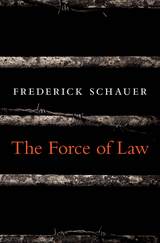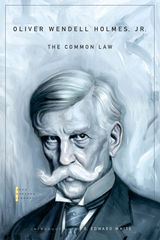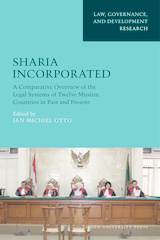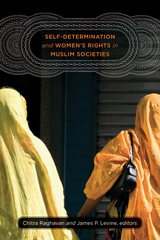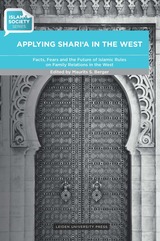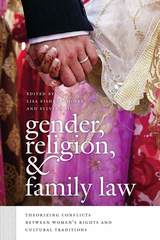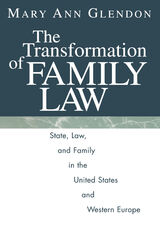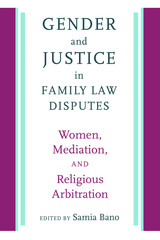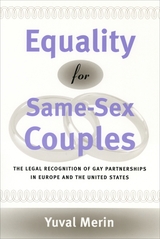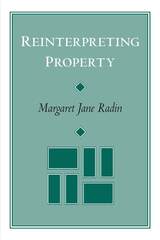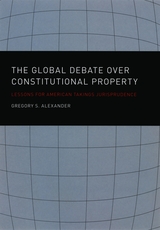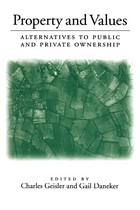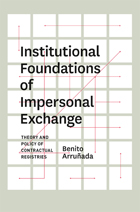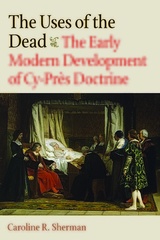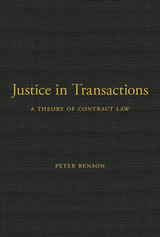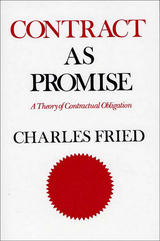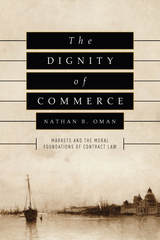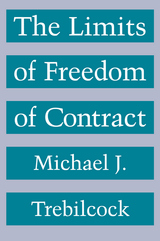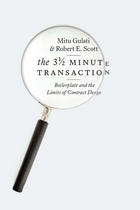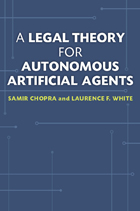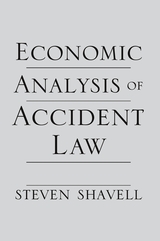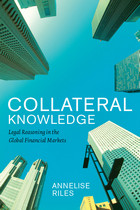The Global Debate over Constitutional Property: Lessons for American Takings Jurisprudence
University of Chicago Press, 2006
Cloth: 978-0-226-01298-8
Library of Congress Classification K721.5.A44 2006
Dewey Decimal Classification 343.0252
Cloth: 978-0-226-01298-8
Library of Congress Classification K721.5.A44 2006
Dewey Decimal Classification 343.0252
ABOUT THIS BOOK | AUTHOR BIOGRAPHY | REVIEWS | TOC | REQUEST ACCESSIBLE FILE
ABOUT THIS BOOK
Countries around the world are heatedly debating whether property should be a constitutional right. But American lawyers have largely ignored this debate, which is divided into two clear camps: those who believe making property a constitutional right undermines democracy by fostering inequality, and those who believe it provides the security necessary to make democracy possible. In The Global Debate over Constitutional Property, Gregory Alexander recasts this discussion, arguing that both sides overlook a key problem: that constitutional protection, or lack thereof, has little bearing on how a society actually treats property.
A society’s traditions and culture, Alexander argues, have a much greater effect on property rights. Laws must aim, then, to change cultural ideas of property, rather than deem whether one has the right to own it. Ultimately, Alexander builds a strong case for improving American takings law by borrowing features from the laws of other countries—particularly those laws based on the idea that owning property not only confers rights, but also entails responsibilities to society as a whole.
A society’s traditions and culture, Alexander argues, have a much greater effect on property rights. Laws must aim, then, to change cultural ideas of property, rather than deem whether one has the right to own it. Ultimately, Alexander builds a strong case for improving American takings law by borrowing features from the laws of other countries—particularly those laws based on the idea that owning property not only confers rights, but also entails responsibilities to society as a whole.
See other books on: Comparative | Eminent domain | Property | Right of property | South Africa
See other titles from University of Chicago Press


